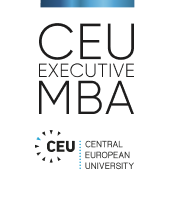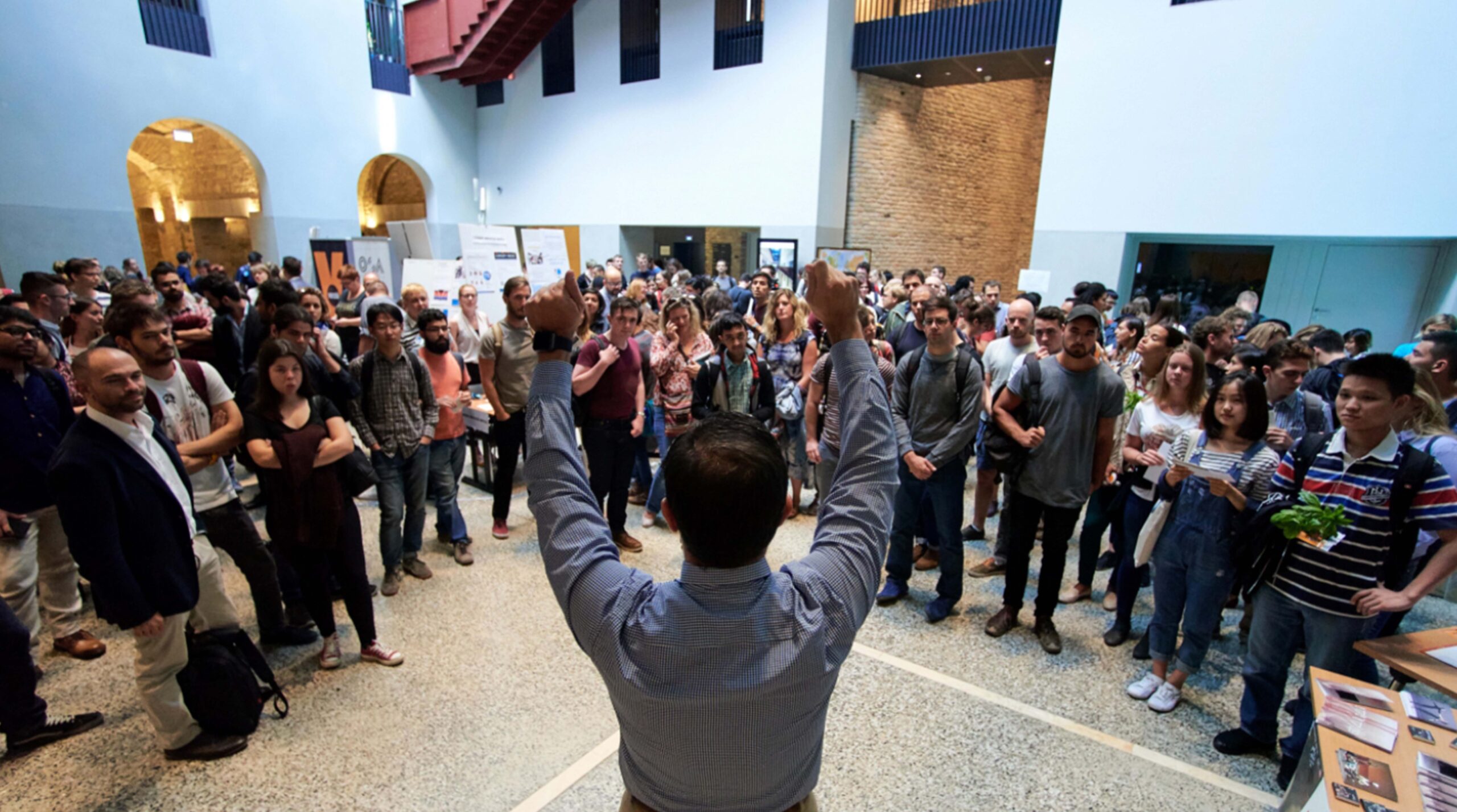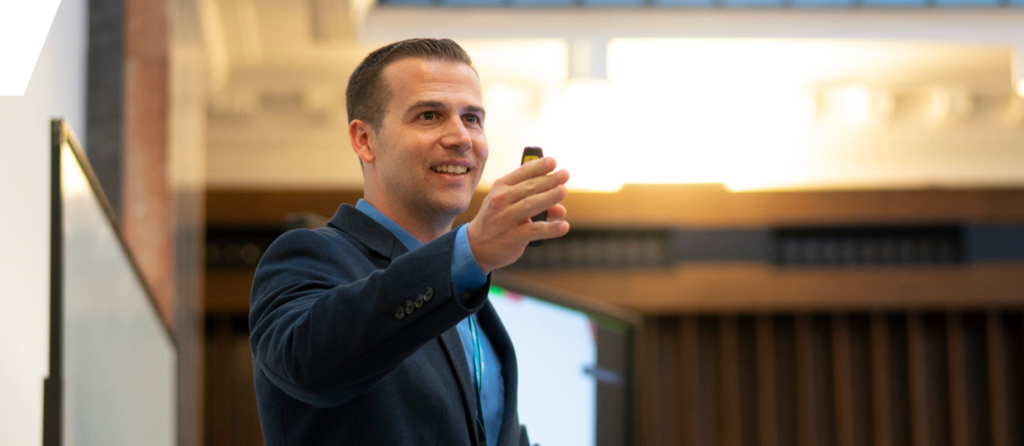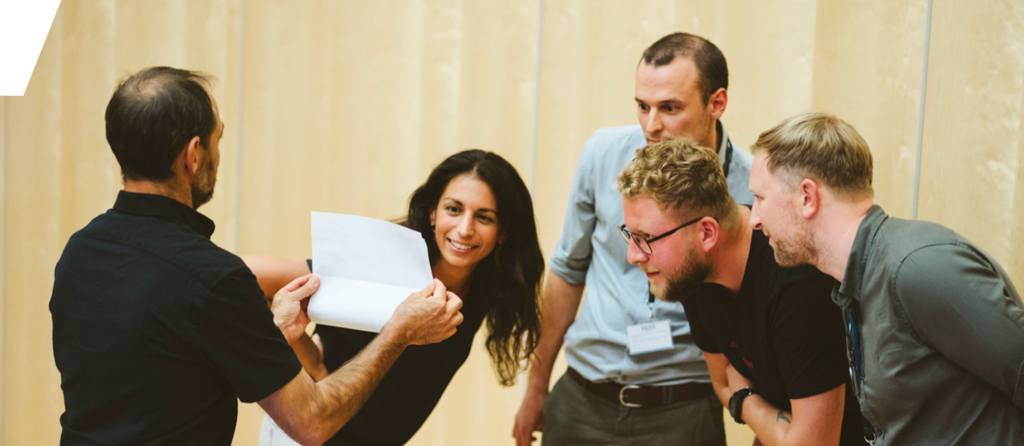
The EMBA for
The open world®
CEU Leadership Program
The CEU Leadership Program is our integrative, proprietary leadership development program aimed at helping mid-career managers tap into their leadership potential.

It is offered to businesses, governments and nonprofits as a standalone, non-degree experience, while each CEU Executive MBA participant receives it as part of their degree course. The CEU Leadership Program is delivered over three summer modules and involves a total of 360 hours of interactive training, discussions and exercises.
The program is built on the following three pillars:

CEU Leadership Program 1: Good Decisions
While the “leadership mystique” in the business press and popular culture often focuses on intangible qualities of leadership such as charisma or drive, any leader needs to first and foremost make good decisions—for oneself, for one’s organization and for the people one leads.
The first part of the CEU Leadership Program takes a broad view of multiple dimensions and institutional and situational variables that influence business decision making.

The course does not take the traditional economic notion of efficiency as an unchallenged dogma but instead delves deeply into the how and why of decision making. That being said, a lot of immediately useful techniques and case studies for making and communicating decisions will also be covered. The course will teach participants how to recognize and analyze decision problems. Participants will be encouraged to self-reflect on their own strengths and weaknesses (biases, etc.) in the area of decision-making. Part of the module is also comprehensive training in communicating one’s ideas. Effective communication is an essential skill that completes the process of managerial decision making.
CLP 2: Good Culture
Peter Drucker famously quipped that “culture eats strategy for breakfast,” thereby emphasizing the salience of culture in the success of organizations. This module introduces complementary (and at times competing) perspectives on the complexities and multifaceted nature of organizational culture and leadership. Among other themes, it emphasizes the importance of diversity, inclusion, learning and transparency in successful organizational culture and leadership (among other topics).
The module provides a holistic and dynamic overview of the essence of “good culture” and how it enables leaders and the organizations they lead to achieve their strategic goals and organizational vision.
The contradictions and trade-offs in managing organizational and broader societal objectives both across stakeholders and generations are considered. Particular attention is paid to the newer trends in creating knowledge-intensive organizations, which combine profitability with a strong endorsement of some other social purpose. The module will invite participants to consider both the strengths of the purpose-driven model and some significant risks that the model introduces.
CLP 3: Good Life
Good Life is primarily valuable for its own sake. Regardless of the strong relationship between one’s ability to manage oneself and manage others, we simply strive for a meaningful, fulfilling life in which we can make the most of our potential.
And yet, research indeed shows that happiness is generally “contagious” and, broadly speaking, happy leaders do tend to create happy organizations.

The final part of the CEU Leadership Program thereby reviews techniques and frameworks developed within modern psychology, philosophy, sociology and developmental economics that help us understand and promote well-being in our and other people’s lives. The course consciously offers a broader picture than today’s popular themes of flow and positive psychology. While techniques rooted in this research are important, we also challenge participants to see how deeper concepts of meaning, identity and power are, perhaps increasingly, a part of what high-impact individuals and successful organizations define as true well-being.
In Participants' Words
“Thanks to the leadership program, I know how to pursue my goals – professionally and in everyday life.”
DAWID WOJTYCZKA
Class of 2022
State Street
Krakow, Poland
